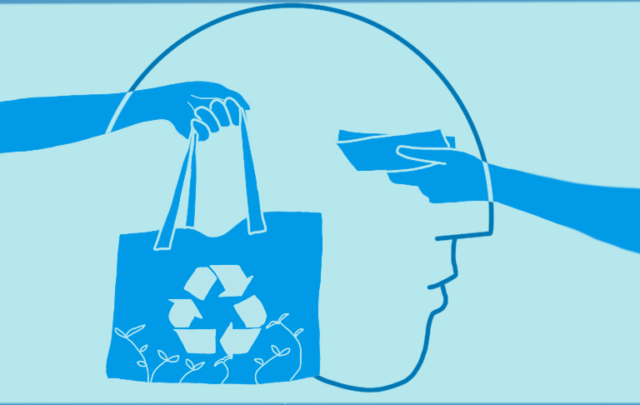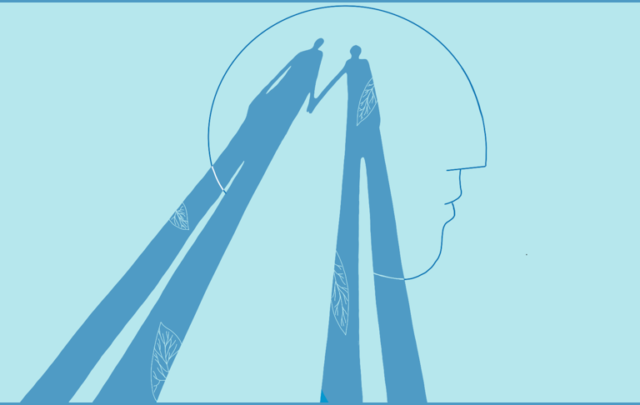Plastics now and forever!
We use more and more plastics every year. Much of it ends up in the oceans and eventually in the continent-sized North Pacific Subtropical Gyre – or one of the other four world ocean gyres. Plastics is over time broken down into smaller and smaller pieces that work their way further and further down the marine food chain. The long-term effects are unknown and there are similarities with our carefree use of fossil fuels 50 and 100 years ago.
March 27, 2011
“The world without us” by Weisman (2007)
Weisman’s book is based on a thought experiment – what would happen if all humans disappeared from the surface of Earth from one day to the next? This text deals with those parts of the book that specifically concerns energy issues and our energy infrastructure. What will remain, and for how long, if all humans suddenly vanished?
October 3, 2010
“Reinventing collapse” by Orlov (2008)
Dmitry Orlov’s “Reinventing collapse” is as actually a real downer, but Orlov’s intelligence, black humor and very Russian naturally cynical attitude – “to a Russian, ‘hard worker’ sounded a lot like ‘fool'” – makes the book a very pleasant reading experience. The book is full of resigned shrugs regarding the possibility of preventing the absolutely-certainly-coming societal collapse. We’re not talking about saving the world here – the best we can hope for is saving our own skins!
September 16, 2010
Peak oil, “Big education” and “Big science”
Peak oil will shrink the educational-industrial complex and we’ll see substantial changes in priorities within and between different research areas and academic disciplines. Less funds will be allocated to “big science” and specialization will decrease. Neoclassical economics will compete in popularity with scientific communism and racial anthropology.
September 3, 2010
Points of departure
I teach at a prestigious (high-on-ranking-lists) Swedish technical university, but when I mention peak oil, the students just don’t “get it”, or refuse to contemplate it. I have thus had to think about starting points I personally take for granted and emphasize these in my talks so as to increase the likelihood of my audience “getting it”. These 4+1 assumptions are interrelated and they form a logical chain that is easy to follow but hard(er) to refute.
September 1, 2010
Is Eco Ok? On organic farming in Sweden
The book “Is Eco Ok? On organic farming in Sweden” highlights the dividing lines between conventional and organic farming with an emphasis on 1) inorganic fertilizers and 2) chemical pesticides.
April 21, 2010




